Menstruation through the ages
May 28 is World Menstrual Hygiene Day, which aims to break taboos, raise awareness and shift negative social norms around menstrual health and hygiene.
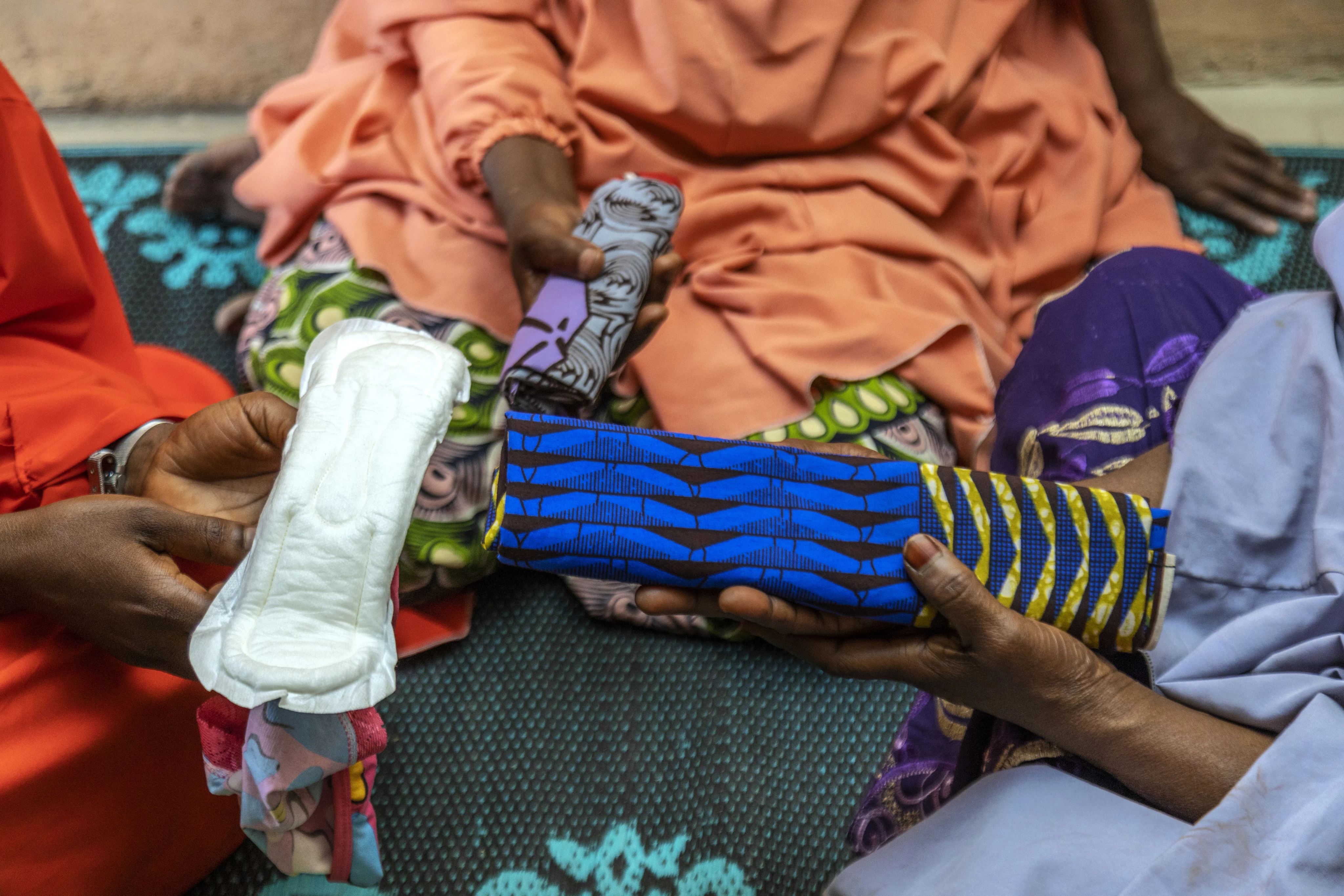
Over the years there has been progress - older generations had very different experiences of managing their periods to teenagers today - but modern girls are still calling for greater access and affordability when it comes to sanitary products, and they continue to face widespread stigmas and prejudices surrounding periods, which sees them missing school and being excluded in other ways.
Nowadays, millions of teenage girls must deal with their periods in difficult conditions. On any given day, in all corners of the world, around three hundred million women and girls are having their periods. At the same time, one in four lack access to menstrual health products or clean toilets reserved for girls. Some are forced to use materials like old newspapers, rags, earth, sand, ash, grass or leaves to manage their period. Many are excluded from school and other societal activities and opportunities while on their period.
Where girls are able to manage and talk about their periods, it’s often down to long-standing community health projects working with girls and boys, women and men to distribute sanitary products, encourage intergenerational dialogue, and break down taboos and barriers about menstrual health.
We spoke to women from three generations – grandmothers, mothers and daughters – about their personal experiences of menstruation and we’re privileged to share snippets from these conversations with you today, to help break the stigma.
In Togo, 16-year-old Denise takes part in a project run by Plan International and wants girls to have better access to cheaper sanitary pads.
“If I don’t have enough money for pads, I buy a few of these reusable sanitary napkins that I can wash and dry in the sun when necessary. My wish is that the price of reusable pads be reduced. It is true that they last for long time, but they are too expensive for us.”
Denise’s grandmother, Inna, has just been telling her how girls dealt with their periods when she was young. “On the first day of our period, we had to hide and call our mother or one of our sisters to help in secret. It was forbidden to enter the house.
“The family had to find a room on the roadside where the menstruating girl had to spend her entire period. Then, the family alerted the whole village. For four days, from morning to night, the village brought food to the girl out of goodwill.
“Men and boys, even if they were your brothers, were not supposed to see menstruation cloths,” says Inna. “It was forbidden, and we carefully hid them. Really, it was a great burden. I pray that your generation will no longer experience the suffering of our time.”
“I understand that my mother’s generation also suffered a lot,” says Denise. ‘To my fellow girls all over the world, including those living in remote communities, I encourage you to stop being ashamed about menstruation. It’s a matter of rights!”
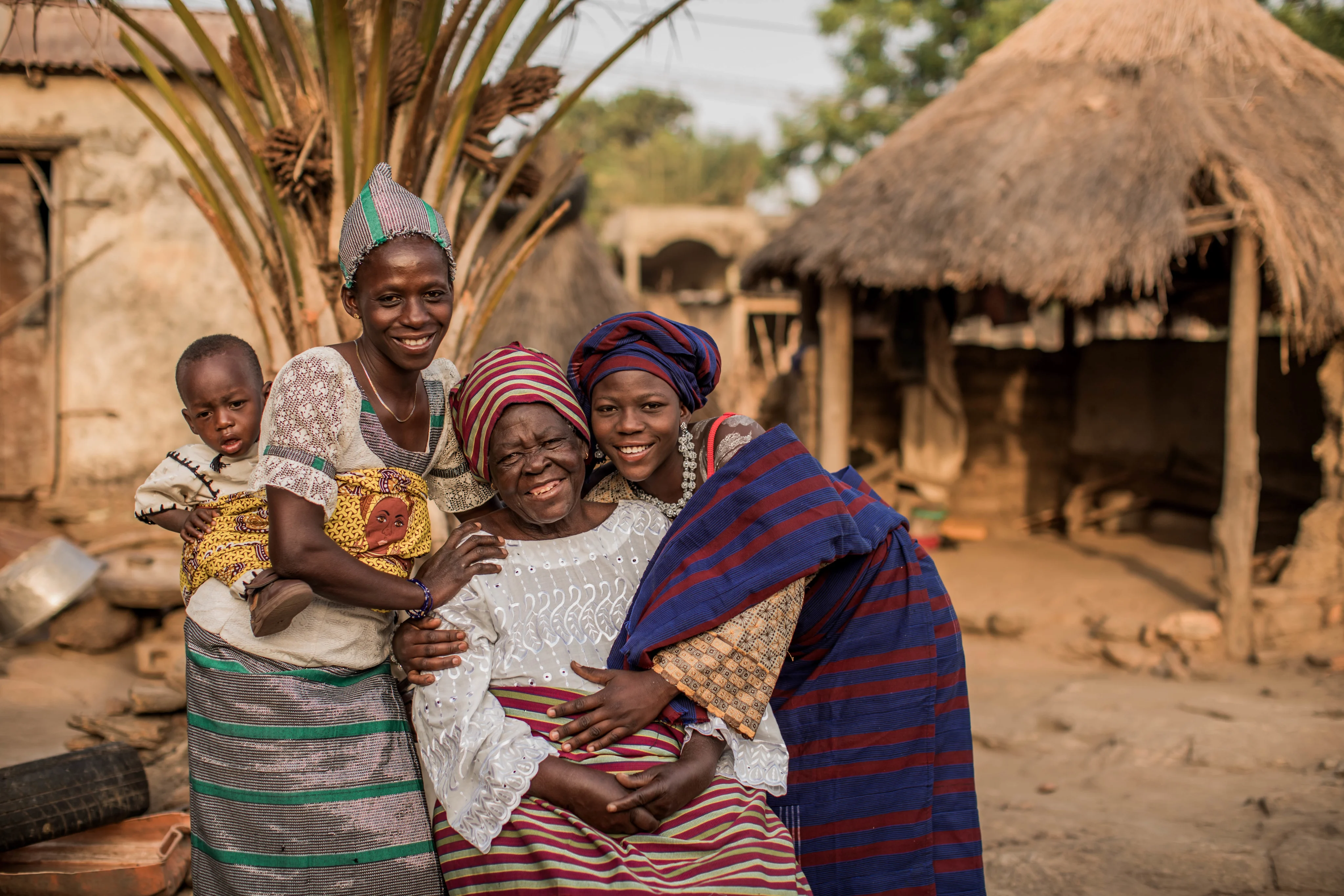
In Germany, 30-year-old Pia recalls feeling informed about periods thanks to what she learnt at school.
“We had sex education at school," she shares. "I remember that we were invited by Pro Familia, where we girls were given a starter set with mini tampons and pads so that we were prepared.”
Her mother Conny and her grandmother Karin, on the other hand, received very little information in their youth.
“People didn't talk about periods, it was all hidden," says Karin, now 86. "I was 18 years old when I got my period. Those were bad years after the war, Hamburg was completely bombed out and we had to crochet or knit our own sanitary towels.”
And Conny, Pia's mother, recalls being told some strange stories about menstruation, “A friend once told me when I was baking a cake that I shouldn't whip the cream because I was on my period and the cream wouldn't set. There was also a saying that women shouldn't have their hair dyed during their period.”
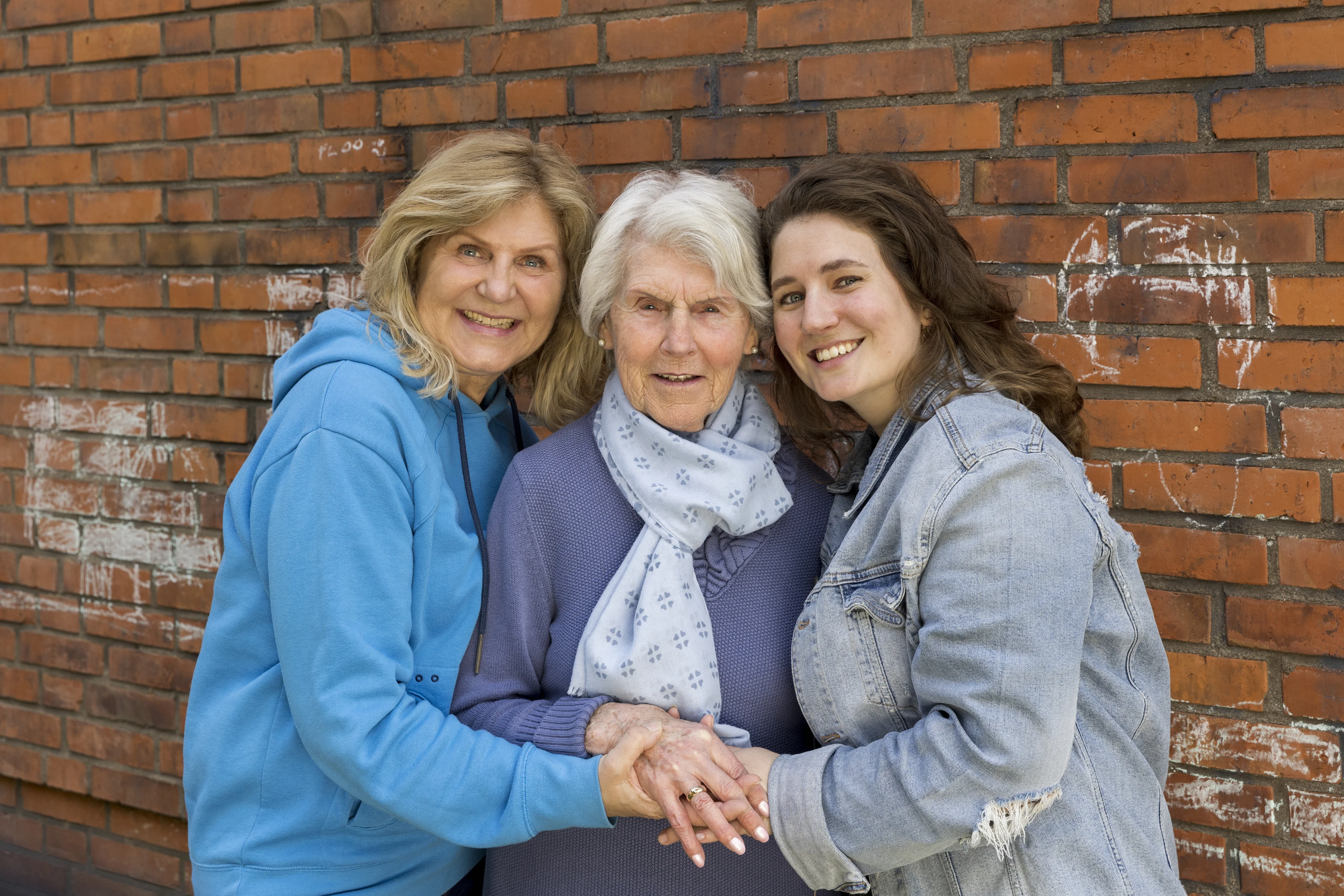
“I knew that a girl of a certain age must have her period,” says 18-year-old Blanche from Benin.
“I learned this in the clubs set up by Plan International where they inform young people, especially girls, about their sexual rights, how to manage the menstrual cycle, and contraceptive methods.
“It was difficult for me during my periods, because I’m afraid of staining my uniform. My school didn’t have toilets adapted to the needs of girls. I had to go home every time to freshen up, and several times I missed my lessons. The distance between the house and school is not negligeable and it was difficult to commute each time.”
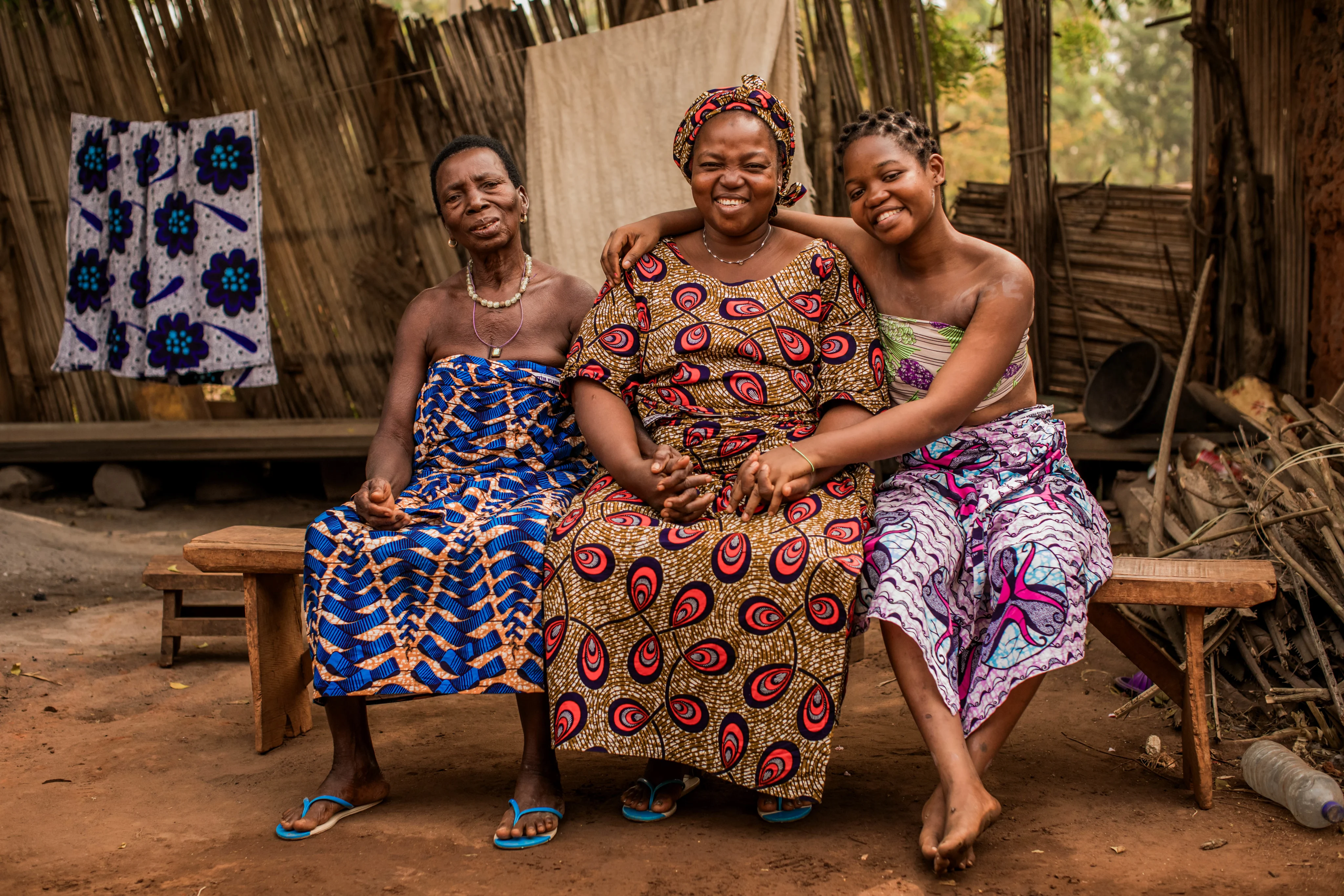
“My grandmother was the first person I talked to about my period,” says 13-year-old Seila from Cambodia.
“She was very supportive and helped me understand what to do. She recommended using a good brand of sanitary pad that was comfortable and affordable.”
“I haven’t discussed menstruation with any male family members or friends yet,” says Seila. “I feel embarrassed about it, and I'm not sure how comfortable they would feel discussing it, or how they can help me either, as they never have periods like women do.”
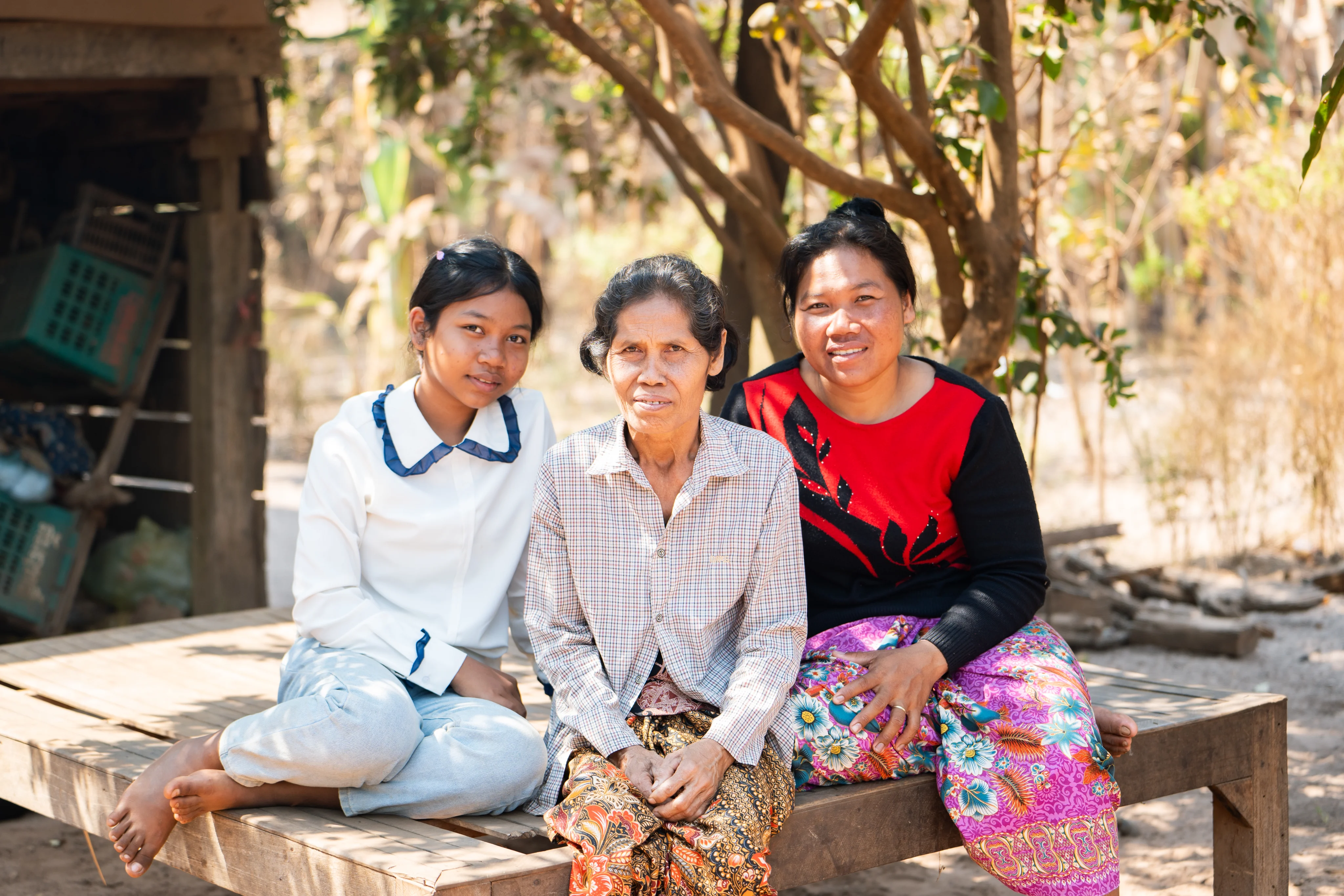
“The girls come prepared to school,” says 16-year-old Alma from Paraguay.
“Someone always has an emergency pad, but it’s kept and guarded tightly to prevent the boys from taking it out of the backpack and making it a subject of mockery, a situation that occurs regularly.
“And that’s what happens sometimes, we don’t bring it for that reason. Because we’re embarrassed that it might be seen or something. Many times, the school doesn’t even have toilet paper to ask for.”
Alma’s grandmother Maria had her first period at 16, and by 18, was already married. “It scared us,” she explains, “because our mother didn’t talk to us about that topic or show us anything. Girls were not allowed to wash their heads, eat watermelon, work in the fields or bathe in streams while menstruating.”
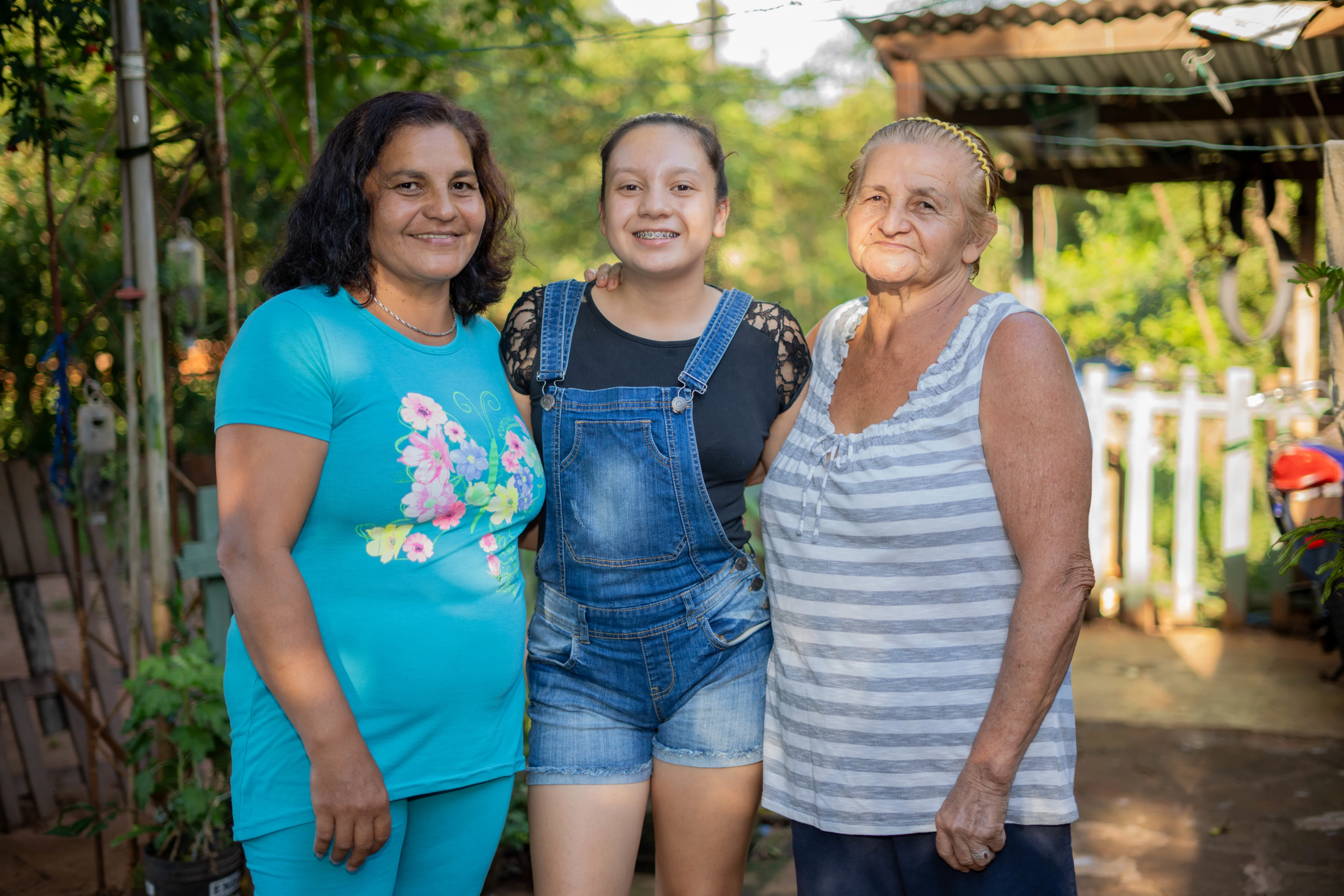
18-year-old Hazel is from El Salvador and takes part in a Plan community project called The Power of Red Butterflies, which aims to break taboos around menstruation.
“The Power of Red Butterflies project was something that had an impact on my life as a girl,” shares Hazel. “I was taught about my body, and they started to explain to me about my first period, about my menstrual cycle, what methods I can use and how to be prepared for that moment.
“We were a little group of girls, and that little group of girls was so special, trusting and sharing ideas, how we had our first period. It was quite beautiful, an incredible resource. Talking about how we feel at that moment, about the fear that we as women experience, and how girls through menstruation can trust other women.”
“I was talking to my grandfather about menstruation, which is something that could not be talked about in the past. It was a taboo in society, this subject could not be mentioned.”
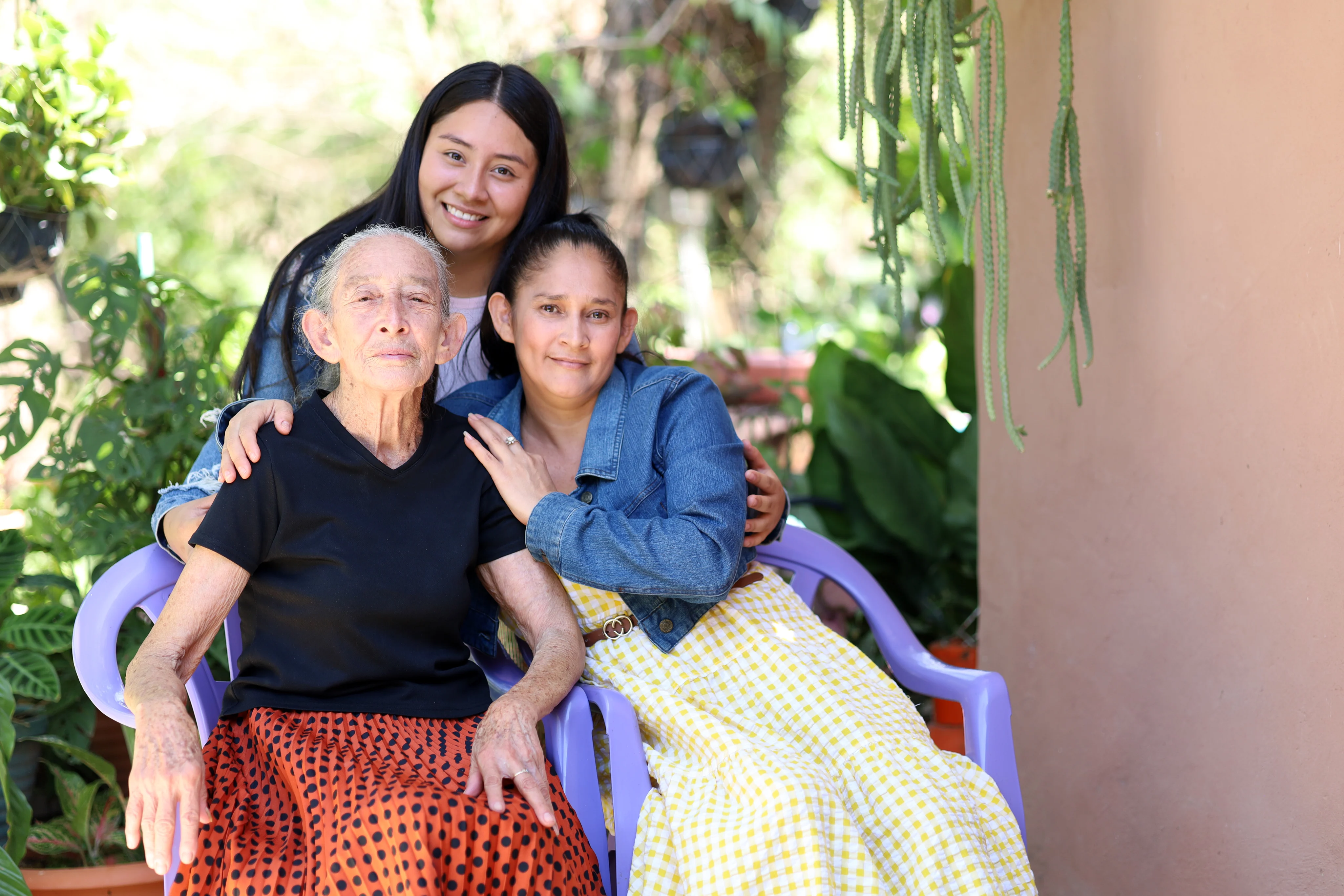
In Burkina Faso,18-year-old Nassiratou doesn’t feel limited when she is on her period.
“Menstruation, in my community, is not considered an illness,” she says, “but rather a sign of physical maturity in a girl who is becoming a woman. In my community, a woman on her period who takes proper precautions can do whatever she wants and go wherever she wants.”
For Nassiratou’s grandmother and mother however, it was a different story –
“When I was young, menstruation was considered dirty and repulsive,” says her grandmother Marie. “A girl who got her first period was scared and frightened — she would cry. Her mother would give her a sheepskin to sleep on until the bleeding stopped. At that time, girls and women were isolated during menstruation because they slept separately on their sheepskin instead of sleeping on mats with other family members.”
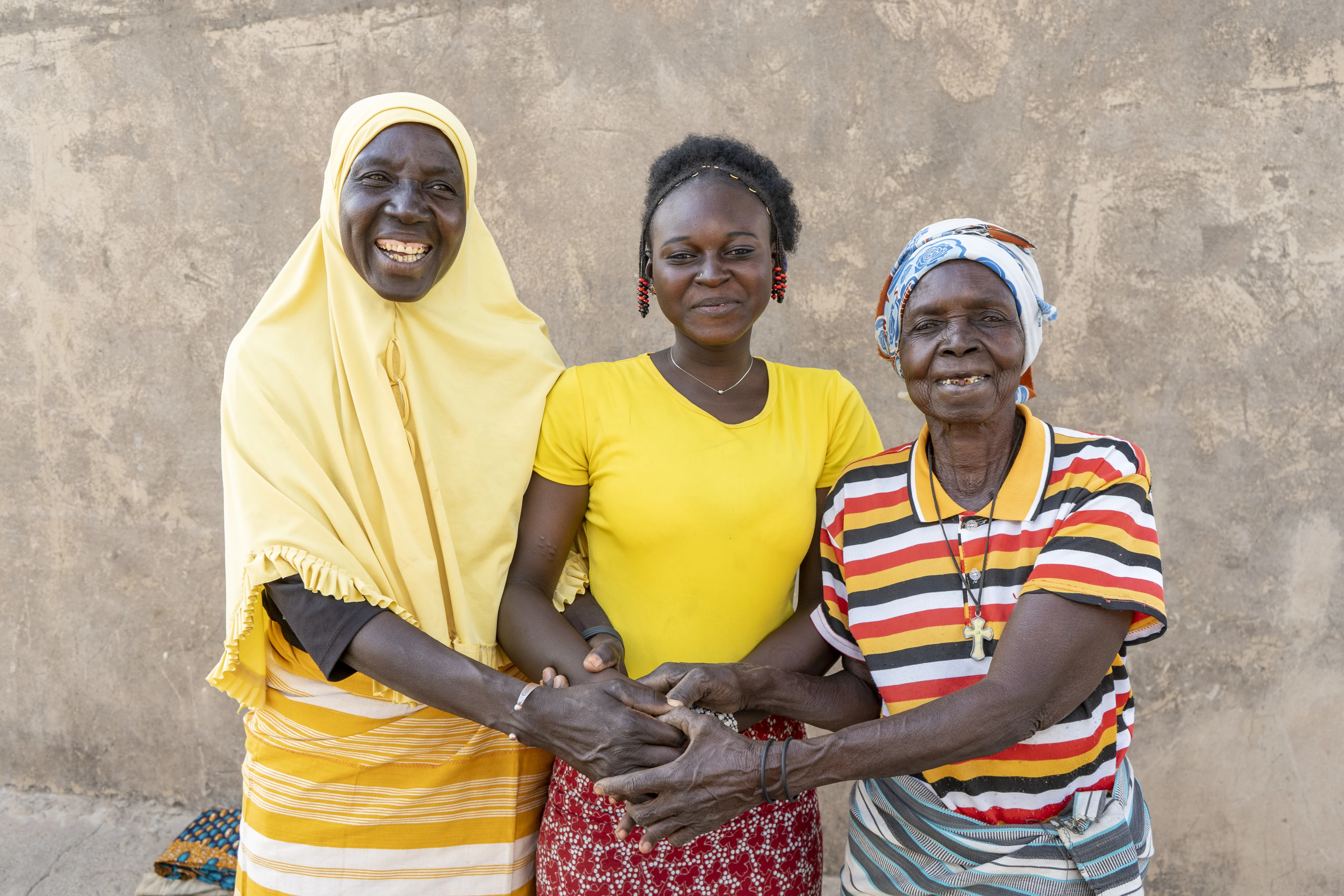
Marie’s mother Aminata credits Plan International’s awareness raising sessions with helping to remove the stigma in their community.
“Thanks to the awareness sessions, we’ve understood that menstruation is completely normal, and that it’s important to talk about it to provide accurate information,” she says.
“Perceptions about menstruation have evolved a lot. The change nowadays is clear; the proof is that we’re discussing menstruation with visual aids with the permission of the head of the family. We are much more comfortable managing menstruation and talking about it with our daughters. I myself would never have accepted such a discussion with you two years ago. It’s thanks to the awareness sessions that the taboo has been lifted.”
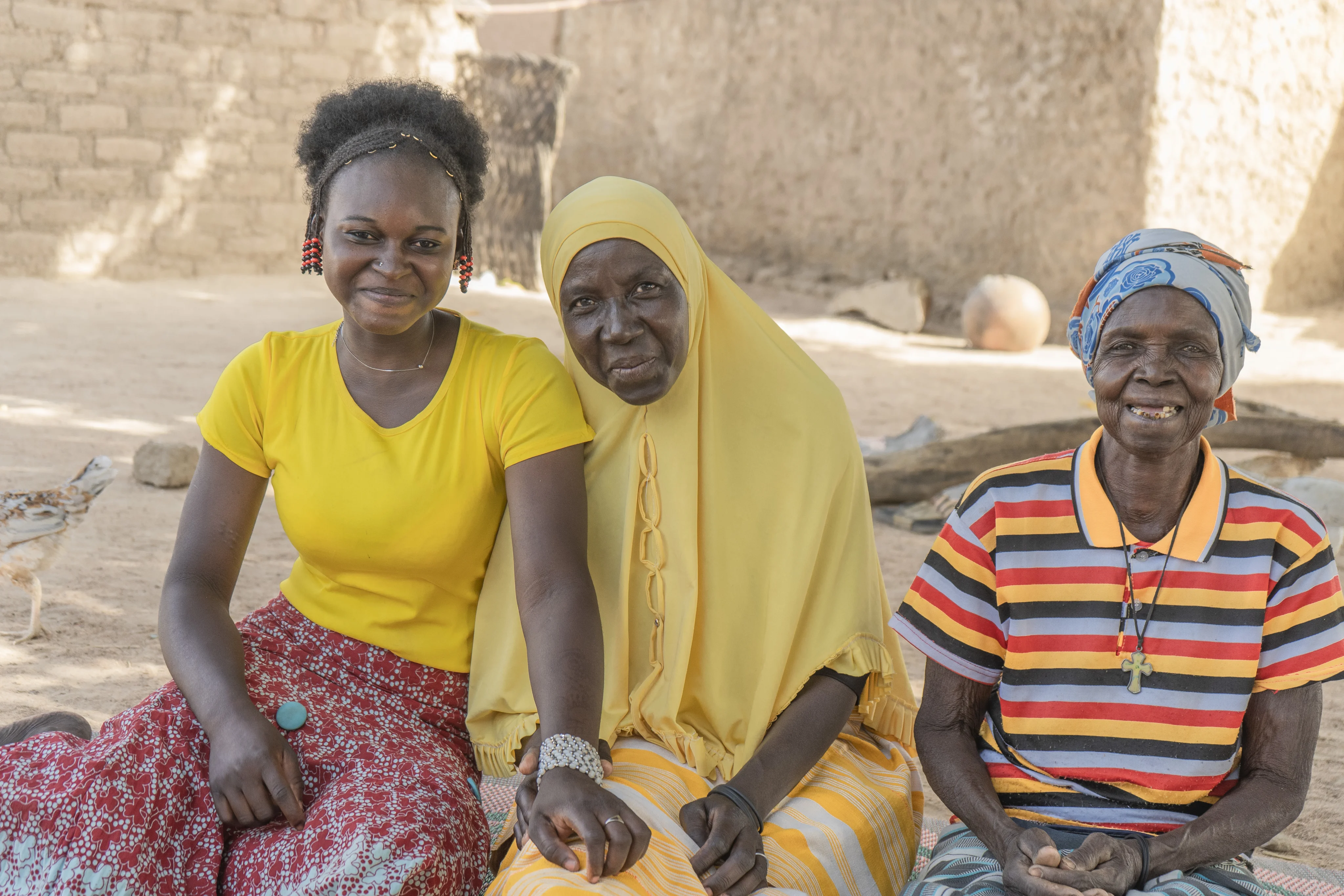
In countries around the world Plan International is working with all members of the community to break down taboos around menstruation and enable people to manage their periods safely and with dignity.
We train teachers and health professionals to run awareness-raising sessions about periods. We support girls and young women to access quality menstrual products that meets their needs, and we work with schools to construct girl-friendly latrines, with areas to wash and change menstrual pads.
And we’ve worked with governments, for example in Uganda, to put menstrual health on the school curriculum, so that school children know that periods a normal part of life.
Education about periods should start early and include all genders – this is critical to tackling taboos and stigma and promoting gender equality.

